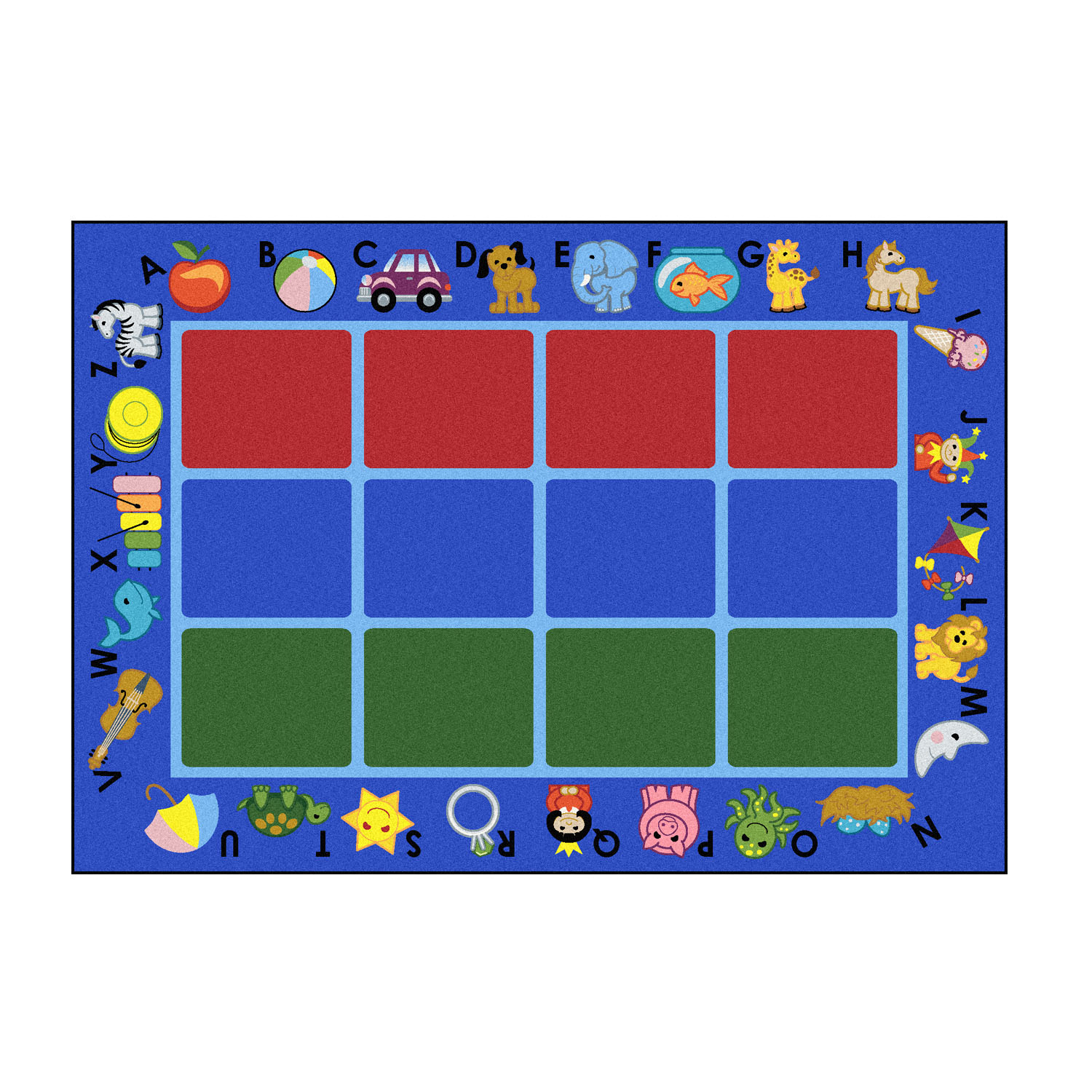Why you need to encourage reading at home
Table of Contents
Table of Contents
Do you remember the feeling of getting lost in a great book, the pages flying by as the story unfolds in your mind? As adults, we know the benefits of reading, but for children, it can be a struggle to pick up a book voluntarily. Encouraging reading in children at an early age is crucial to their academic success and personal growth. So, how can parents and educators motivate children to pick up a book and get lost in a good story?
Understanding the Struggle
For many children, reading can feel like a chore, especially if they struggle with comprehension or have a learning disability. Others may simply prefer the instant gratification of screens over the slower pace of a book. It’s important to approach the struggle with empathy and recognize that every child is different. Finding what motivates a child and tailoring reading habits to their individual interests can make all the difference.
The Importance of Early Encouragement
Research shows that the more a child is read to in their early years, the more likely they are to develop a love of reading. Parents can start by making reading a part of their daily routine, whether it’s before bed or during quiet time. It’s also important to let children pick their own books and to give them plenty of options. Starting young and making reading an enjoyable experience from the beginning can set a child up for success later in life.
Creative Encouragement Techniques
There’s no one-size-fits-all approach to encouraging reading, but there are some tried and true methods that work for many children. Creating a cozy reading nook, allowing children to stay up a little later to finish a good book, or even starting a family book club can all help motivate children to read. Some children may also benefit from incentives, such as small rewards for reaching a certain number of books read or pages completed. The key is to make reading a positive experience that children look forward to.
The Power of Role Models
Children often look to the adults in their lives as role models, and reading is no exception. If children see their parents or teachers reading and enjoying books, they are more likely to follow suit. It’s important for adults to not only model good reading habits but also to talk to children about what they are reading and why they enjoy it. Making reading a social experience can add an extra layer of fun to the activity and encourage children to share their thoughts and opinions about the books they read.
Overcoming Obstacles
For some children, reading may never come naturally, and that’s okay. There are many resources available, such as audiobooks, graphic novels, and books with large print or dyslexia-friendly fonts, that can make reading more accessible. It’s important to remember that the goal is to encourage a love of reading, not to force it. Being patient and finding creative solutions can make all the difference.
Question and Answer
Q: How can I encourage my child to read if they struggle with comprehension?
A: It’s important to approach the struggle with empathy and to focus on the positive aspects of reading. Parents can try breaking down difficult passages into smaller sections, re-reading sections aloud, or acting out scenes from books to help make the story more understandable and engaging.
Q: How can I find age-appropriate books for my child?
A: Libraries and bookstores are great resources for finding age-appropriate books. Many websites also offer book recommendations based on age and interests. It’s also a good idea to ask teachers or school librarians for recommendations.
Q: What if my child simply doesn’t like to read?
A: It’s important to remember that every child is different and that reading simply may not be their preferred activity. However, there are many ways to incorporate reading into daily life, such as reading recipes or instructions aloud, that can help build literacy skills. It’s also important to keep an open dialogue with children about their interests and to respect their preferences.
Q: My child is always on screens. How can I encourage them to read instead?
A: It’s important to set boundaries around screen time and to model good habits by limiting your own screen time. Creating a designated screen-free time for the family, such as during meals or before bed, can also help motivate children to find alternative activities, such as reading.
Conclusion of Ways to Encourage Reading
Encouraging reading in children is not always easy, but it is an important investment in their future success. By understanding each child’s unique struggles and interests, tailoring reading habits to their preferences, and modeling good habits, parents and educators can help foster a love of reading that will benefit children for years to come.
Gallery
Ways A Parent Can Help A Child With Reading (Infograph)

Photo Credit by: bing.com / infograph
Why You Need To Encourage Reading At Home | Reading At Home, Teaching

Photo Credit by: bing.com / carrotsareorange
6 Simple Ways To Encourage Your Child To Love Reading | Homeschool

Photo Credit by: bing.com / kingdomfirsthomeschool
Five Ways To Encourage Reading In Children - Blessed Simplicity

Photo Credit by: bing.com / encourage reading children ways five contains affiliate links child read
Simple Ways To Encourage Your Preschooler To Love Reading| First School

Photo Credit by: bing.com / reading preschooler encourage ways simple engaging consider improve easily skills following child tips way fun help these






